
Abbott’s Long Battle Against Gay Rights
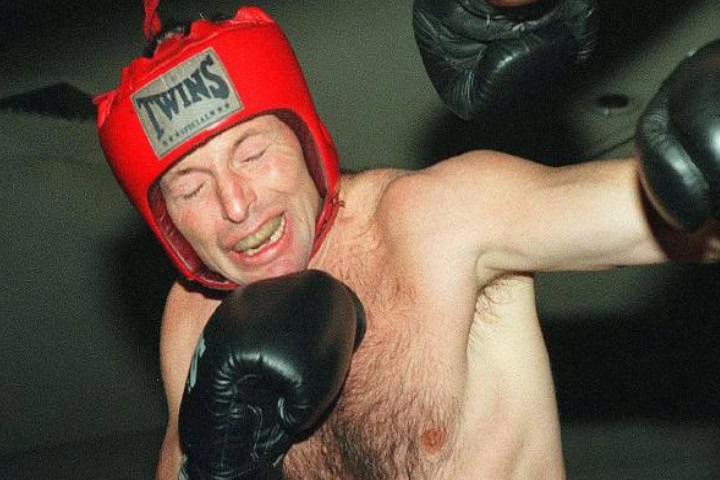
With former Prime Minister Tony Abbott being appointed as the President of the UK Board Of Trade in recent weeks questions have been raised about his suitability for the role, particularly in regards to questions around homophobia.
In light of these questions an interesting document from the past has surfaced in Sydney. The document which appears to show Abbott was registered for the 2nd National Homosexual Conference at Sydney University in August 1976 has surfaced among the papers left behind by a gay activist.
The registration form was found in the papers left behind by Lex Watson, gay rights activist and foundation member of the Campaign Against Moral Persecution (CAMP), who passed away in 2014. Watson’s papers, which were indexed by fellow activist Robert French, are now in a collection at the Mitchell Library, at the State Library of New South Wales.
The header of the form (2 NHC 1976 – Abbott) simply says ‘Registration Form’, while the name and address fields have handwritten details mentioning “TONY ABBOTT” and “(cancelled out letters) St Johns College, Missenden Rd, Camperdown.” The form records that the $3 fee that students were eligible for was paid. On the second page, when asked for the workshops the participant is interested in, “LEGISLATION AND GOVERNMENT ACTION” was entered.
Activists who attended either the conference or were part of the university and spoke to Star Observer do not recollect Abbott attending the conference.
“When we were going through Lex’s papers a few months ago, we came across three registration forms from boys at a university or college of the Sydney University – St Paul’s and St John’s. Tony Abbott’s [form] was one of them,” writer Garry Wotherspoon told Star Observer.
“I think Tony Abbott and his friends were coming to cause mischief and give us a bad time because that was very much what he was like. No one actually saw him [come to register]. There is a possibility that someone was playing a terrible joke on him. He was notorious for homophobic behavior at the university. We never saw him so we presumed it was a poor joke on someone’s part or he and his mates had turned up and decided that they’re not going to take on about 180 gay men,” said Wotherspoon who was was a staff member in the Economics faculty when Abbott was a student at the university.
The conferences in 1975 and 1976, before the first Mardi Gras in 1978, were important precursors to the LGBTQI rights movement in Australia.
“At that time, in the 1970s, gay activism had started taking on the churches, the medical profession and stuff like that, trying to get the law changed. Much of it was scattered in different cities. The point of the conference was – ‘Let’s get everyone together, and we can compare notes and a bit of solidarity’. The first one, was in 1975 in Melbourne, the Sydney one was in 1976,” said Wotherspoon.
Journalist and 78er Peter Murphy was at Macquarie University in 1976, and was at the conference. “I think everyone knew at the conference that he had registered,” Murphy said in a phone interview. “It could have been a joke at one level. If he really meant to come, it would have been a confrontation, and he would have disrupted [the conference]. That was what he was like.”
In a 2004 report in The Sydney Morning Herald, lawyer David Patch recalled an AUS conference in the 1970s, that had for the first time had a room exclusively for women to discuss political issues.
“Tony used to stand outside the women’s room with his right-wing mates and loudly tell sexist and homophobic jokes,” Patch told the paper.
Murphy’s recollections of Sydney University was from 1977 when he was an organiser for the Australian Union Of Students.
“From 1977 I have a much stronger sort of perception of Tony Abbott on campus. He was a very intimidating presence. People going around the campus putting posters, posting notices or chalking some event on the footpath were occasionally confronted by Tony. Thankfully, personally, I wasn’t. But I can assure you that people talked about it a lot and if you ever went out in a group, if you ever went out doing that sort of thing it meant you should have been in a group because you couldn’t take the risk of going by yourself.”
Abbott ran for the presidency of the Student’s Representative Council 1977 and was defeated by a woman candidate, Barbara Ramjam.
“His homophobic comments, his misogynist comments and statements were notorious, and really ugly. So the fact that in his first election contest he was defeated, he just flipped out,” said Murphy.
The incident is well documented and was the subject of a legal case. A report in The Monthly recalls Abbot’s gang shouting “commie”and “poofter”. Abbott, Ramjam said, came up to her, came within an inch of her nose and punched the wall on both sides of her head.
Murphy said he finds it hard to believe that Abbott has changed his views after all these years. Abbott’s sister Christine Foster, who came out to him when she was in her 40s, has said that her brother was not a homophobe or misogynist.
“I find it very disappointing but, you know, sort of understandable that his sister might defend him,” said Murphy, who pointed to Abbott’s role as a campaigner against the marriage equality vote in Australia in 2017. “That’s very recent and [shows] no way that he’s changed his attitude at all on this and it’s really no different from 1977.”
Another 78er Joseph Carmel Chetcuti, who attended the 1976 conference, said he went through his notes but found no reference to Abbott at the event. He also does not agree with Abbott being called a homophobe based on his stand on same sex marriages.
“People nowadays call Abbott a homophobe and I don’t agree with that description because he opposed marriage. We all opposed marriage in the 70s. We did not approve of marriage, we saw it as a patriarchal institution. So, this whole emphasis on marriage, it’s very different when it comes to gay politics. You know the only people who supported gay marriage were generally the gay conservatives and I put that in inverted commas. People on the left, we hated marriage,” said Chetcuti.




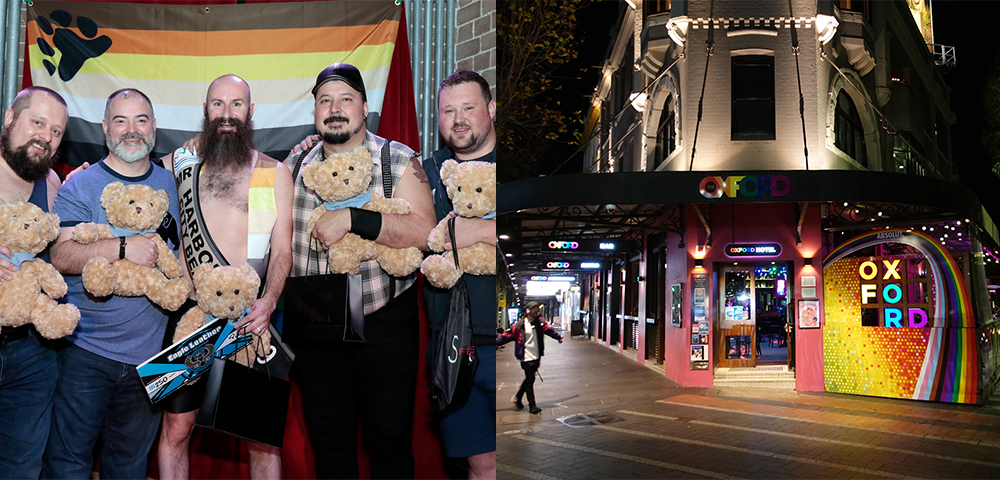
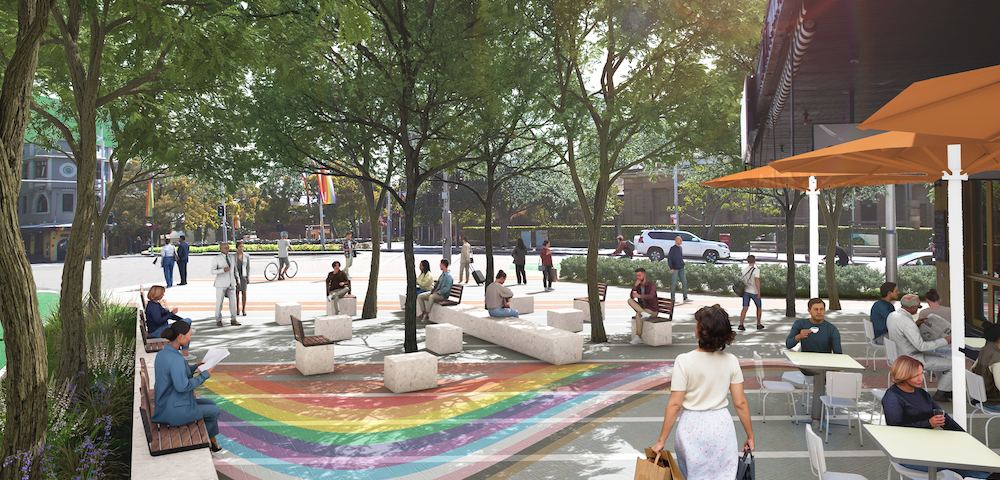


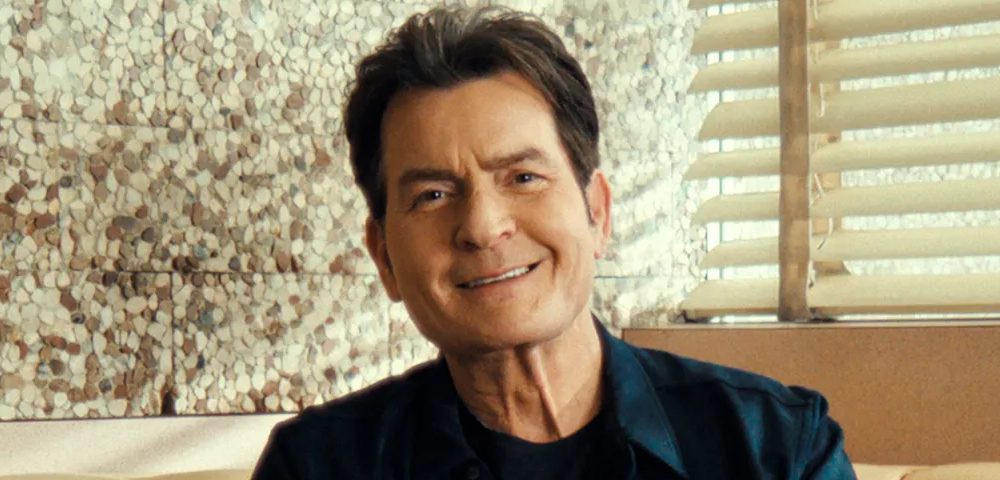
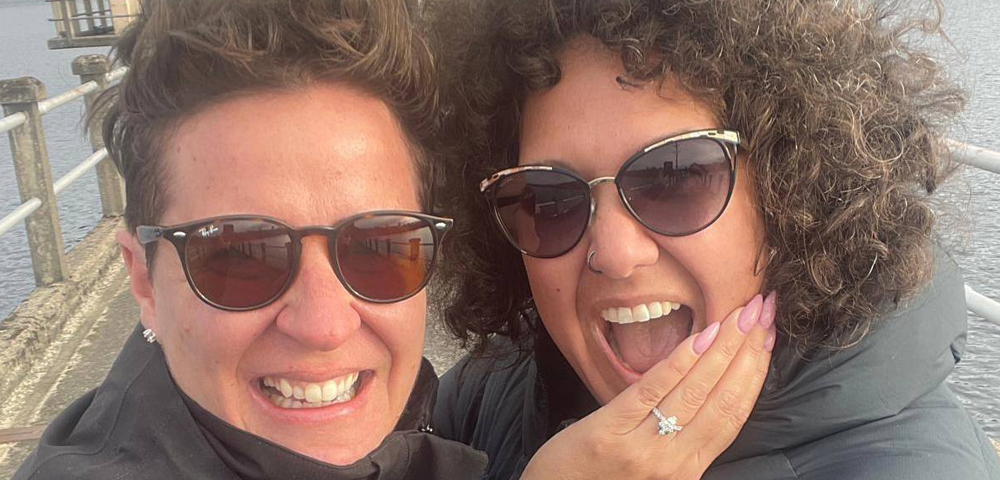
Did you really have to publish that ghastly picture of this homophobic, misogynist?
Maybe he will now stay in his homeland, renounce his Australian Citizenship, regain that of the UK and hope for a Knighthood or Peerage then he can dream he is the equal of Betty’s lap-dog Philip.
Joseph Carmel Chetcuti… I was around in the 1970s. I wanted marriage. I am not a gay conservative (inverted commas or not).
I have never seen marriage as essentially a ‘patriarchal institution’; from my experience, I saw equality and respect within my parent’s marriage. Nevertheless, I know that marriage has been (and unfortunately still can be) a ‘patriarchal institution’, but certainly not *only*. Only politics, regions and male perpetrators allow it to be so – not *all* males. For me, the idea of marriage has always been about being with my soul-mate on an equal and respectful level. Anything else is just abuse of the other.
So, who are the “we” and “all” in your “we all opposed marriage in the 70s”? That *then*, let alone *now*, is only a subjective view. Thinking and saying otherwise is just as closed-minded and blinkered as we state homophobes are.
Christine… that’s like saying “the grass isn’t green”.
You clearly choose to ignore the heartache, anxiety and depression that many Rainbow Folk of all ages went through in the lead-up to the ‘government’s lazy-option of the plebiscite to vote in Same-Sex Marriage, where it would be understood that such a needless questioning and ‘debate’ within the Australian public would incite loud venomous hatred through the blinkered right-wing nooks of ‘traditional’-media, and cowardly trolling through social-media, from the minority of Australian homophobes. Trying to cause division is dangerous for the stability of the social-fabric of any country (just look at the effect that division has caused throughout history, let alone current day instances overseas).
Perversely, there was *no* concern for the mental welfare of people! Where (yet again) was the ‘duty-of-care’ that the ‘government’ is *supposed* to provide to the people it is *supposed* to serve (while it happily leaches its wages and funding from those people)?
Yes, Abbott wasn’t the PM then, but he still wielded his ways as was reported. And then he had the hide to say in the news that *he* brought Marriage Equality to Australia (maybe, through a twist, we could even say: “yes”, but *only* through wanting to have a plebiscite because he and his ilk didn’t have the decency to respect Rainobow Folk and their supporters, by just doing their job and bringing in the law themselves).
Family ties are all very good, but you’re better off by replying (in that predictable stereotypical politician avoidance response) “no comment”, or by twisting a white lie, rather than the proverbial ‘grass isn’t green’. If I needed to vote for something that you were in; I’m sorry to say, but I couldn’t trust you for that simple reason, so I wouldn’t vote for you; nor would I recommend you to anyone. Damage to vulnerable people within our Rainbow Community is *not* worth ‘looking the other way’.
I was a gay liberation activist at Sydney University when Tiny Abbott was a leader of the far-right Democratic Labour Party club. There was not a week went by without their leaflets supporting right wing dictatorships around the world, defending Apartheid, opposing abortion, contraception, sexual freedom and women’s rights, and denouncing homosexuality. At the time Malcolm Turnbull was head of the more liberalLiberal Club. Of course since 1970s many people changed their politics. The evidence is clear that despite Abbott’s defection to the Liberal Party right, that he has retained his anti-woman and anti-queer stance.